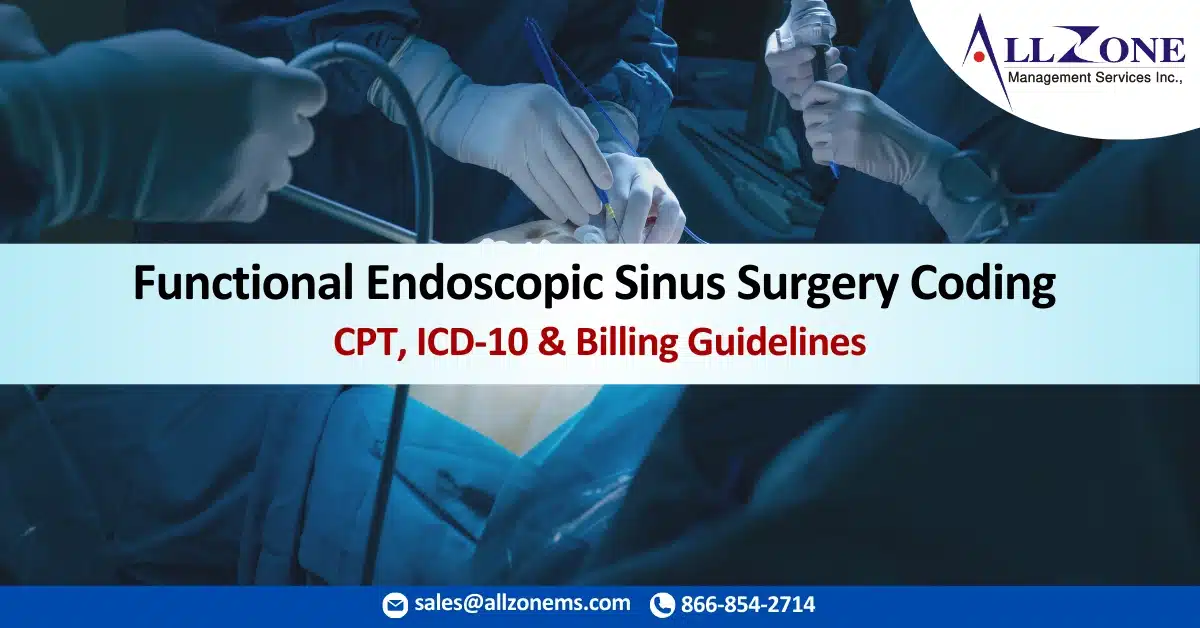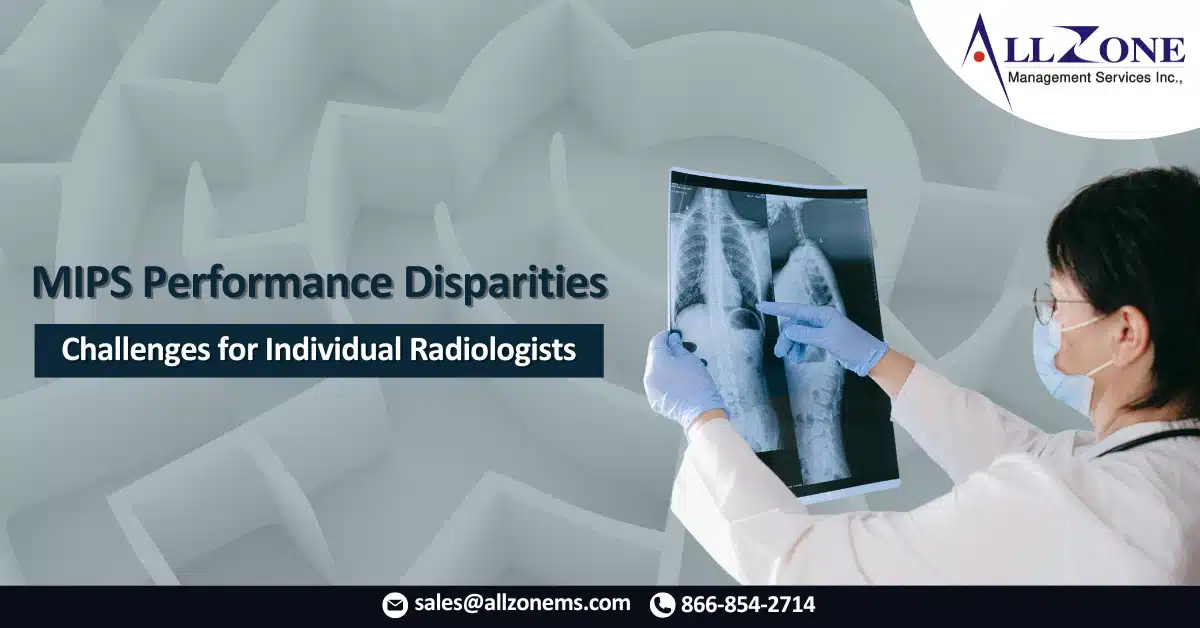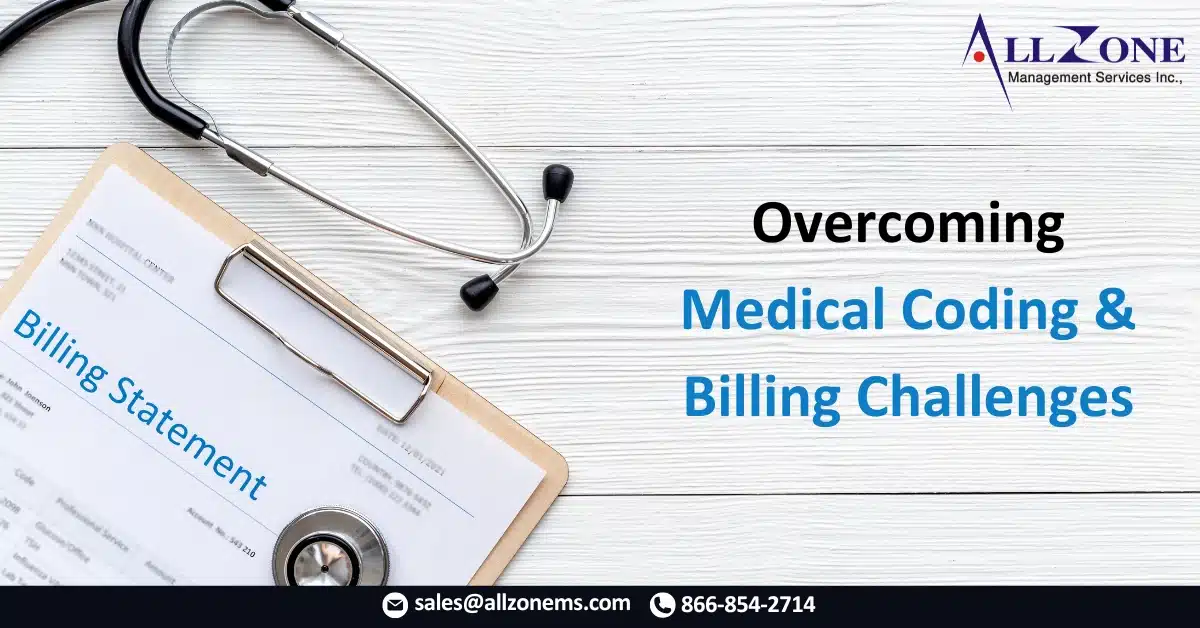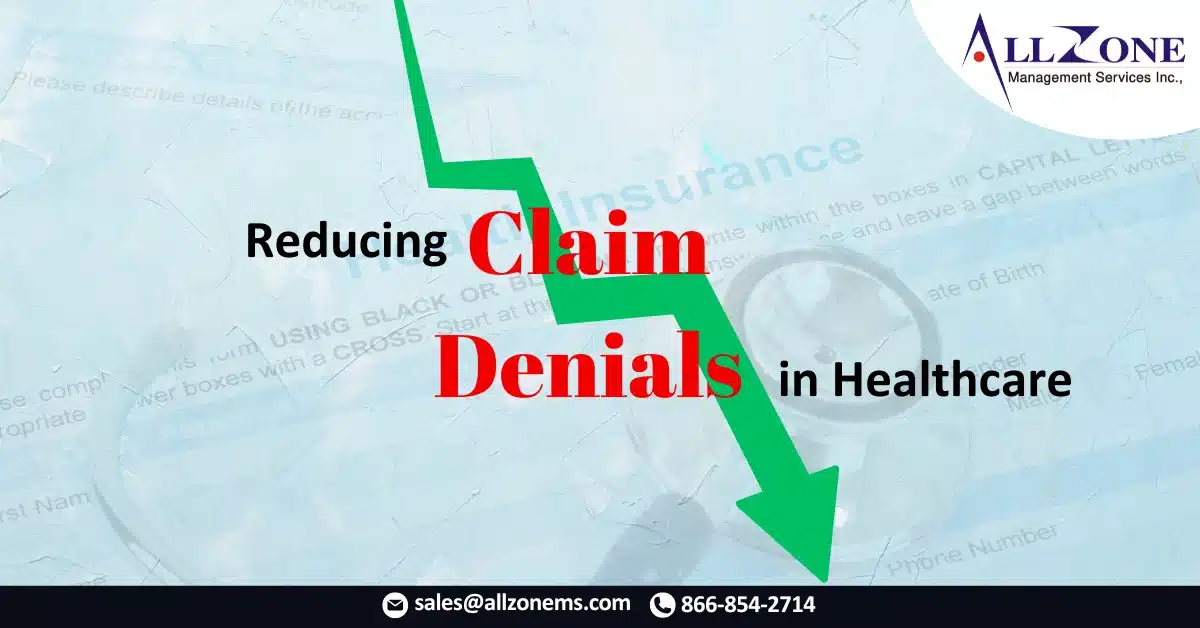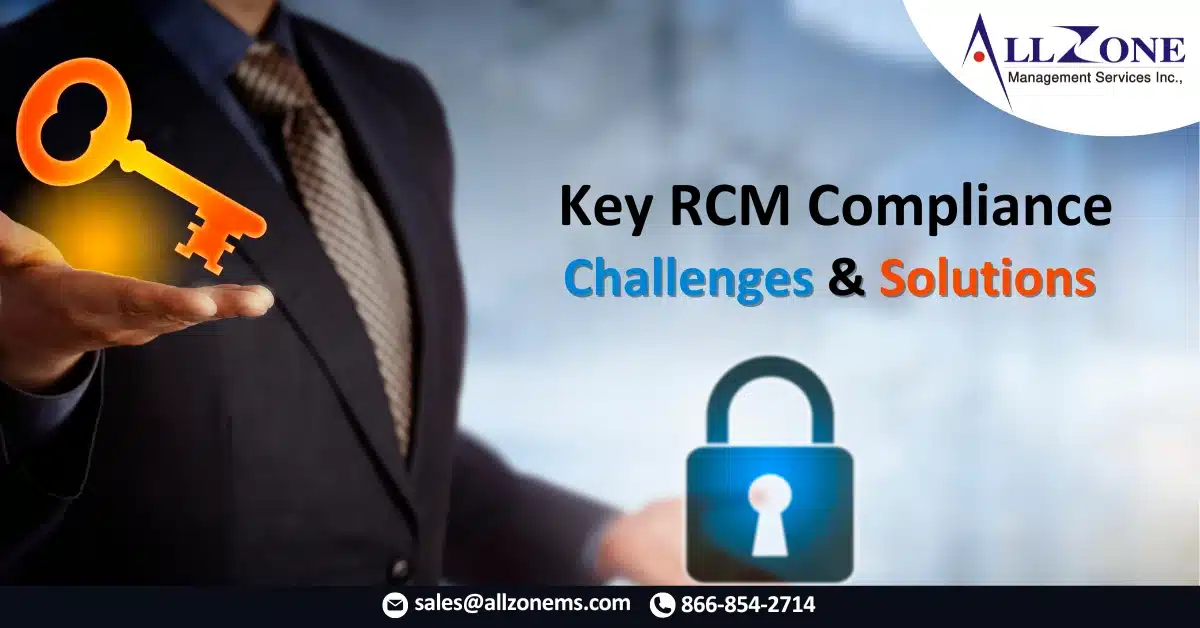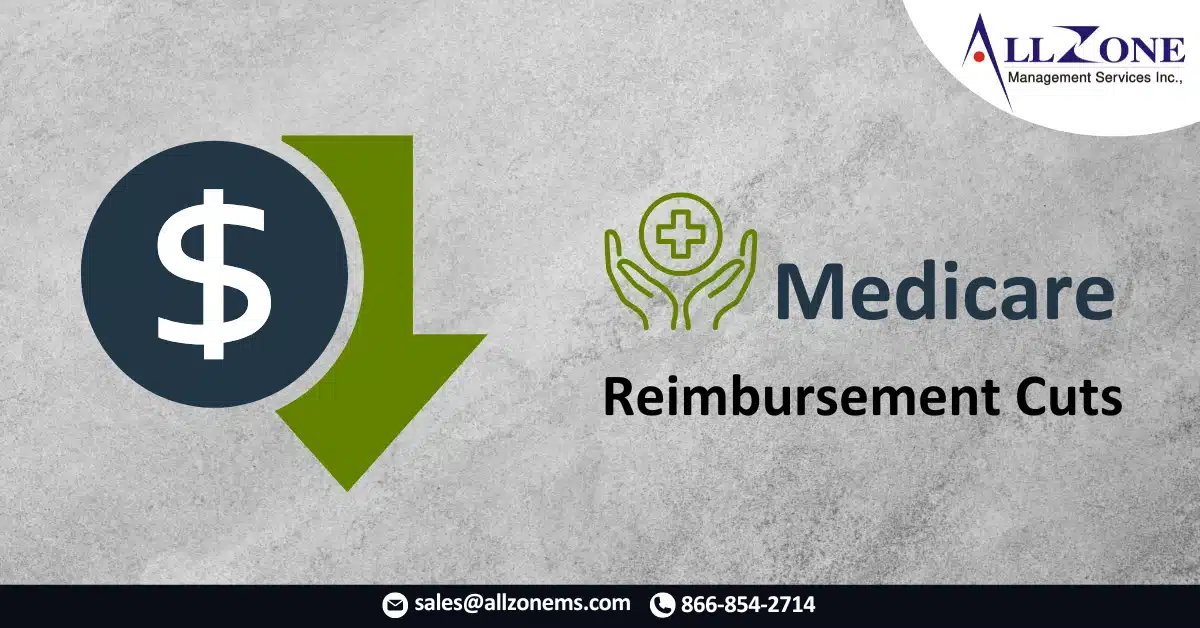A growing number of physicians are voicing concerns about the increasing role of artificial intelligence (AI) in health insurers’ prior authorization processes. The American Medical Association’s (AMA) latest 2024 AMA Prior Authorization Physician Survey highlights that many warn AI-driven prior authorization denials are exacerbating patient harm and physician burnout. The survey, which included 1,000 practicing […]
Functional Endoscopic Sinus Surgery (FESS) is a minimally invasive procedure performed endoscopically on the nasal and sinus cavities. It is primarily used to relieve symptoms of chronic sinusitis, such as congestion, drainage, post-nasal drip, headaches, and facial pain. FESS coding can be complex due to the multiple CPT codes associated with the procedure. Reviewing sinus […]
A recent study published in the Journal of the American College of Radiology reveals stark MIPS performance disparities, with individual radiologists facing significant disadvantages compared to those participating in group reporting or Advanced Payment Models (APMs) within the Centers for Medicare & Medicaid Services (CMS) Merit-Based Incentive Payment System (MIPS). The research, analyzing data from […]
Imagine the chilling realization that a review of a mere 100 patient claims could trigger a demand for multimillion-dollar repayments from your healthcare organization. This is not a hypothetical scenario; it’s a stark reality faced by healthcare providers nationwide, driven by the potent auditing technique known as statistical extrapolation in healthcare audits. While the underlying […]
Medical coding and billing are critical components of the healthcare revenue cycle. They ensure that healthcare providers receive proper reimbursement for the services rendered. However, the ever-evolving regulatory landscape, shifting payer policies, and technological advancements present numerous Medical Coding & Billing Challenges. These challenges significantly impact the efficiency and accuracy of the revenue cycle. As […]
In healthcare, claim denials pose a significant challenge to a provider’s revenue cycle. Each year, over $4.5 trillion in claims are submitted to insurance carriers in the U.S. alone. Despite this volume, healthcare providers continue to see an alarming rise in denied claims. In 2022, 42% of respondents reported an increase in denials, but by […]
Revenue cycle management (RCM) is the financial backbone of any medical practice, ensuring timely reimbursement while maintaining compliance with ever-evolving regulations. However, many practices unknowingly face significant compliance risks that can lead to claim denials, audits, financial penalties, and even legal consequences. Common pitfalls include billing and coding errors, fraud and abuse violations, HIPAA breaches, […]
Urology practices face unique challenges when it comes to billing and coding. The complexity of urological procedures, coupled with ever-changing coding guidelines, can lead to costly errors, claim denials, and revenue loss. Accurate and efficient billing is crucial for the financial health of any urology practice. This blog post will delve into common urology billing […]
Medicare is failing both patients and physicians. After adjusting for inflation, physician reimbursement under Medicare has declined by 33% from 2001 to 2025, according to the American Medical Association. In stark contrast, Medicare payments to hospitals have surged by nearly 60%, while hospital executive salaries have skyrocketed 93% over the past decade. How can private […]
Healthcare providers face mounting financial pressures due to rising operational costs, evolving regulatory requirements, and shrinking reimbursement rates. One of the most critical areas affecting revenue cycle efficiency is claims denial management. Despite advancements in technology, many healthcare organizations still rely on manual claims denial management, leading to inefficiencies, revenue leakage, and administrative burdens. This […]


